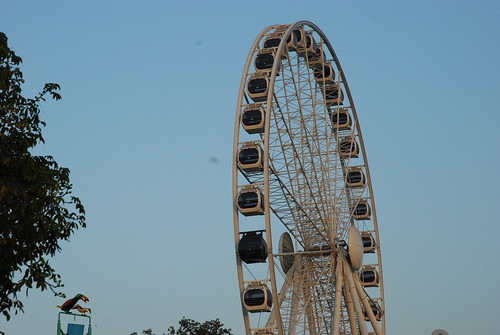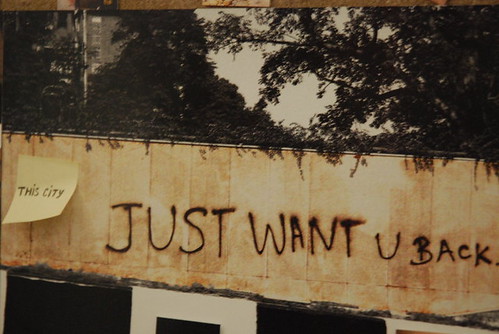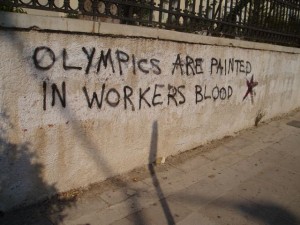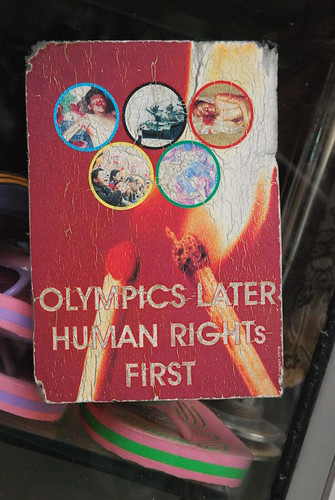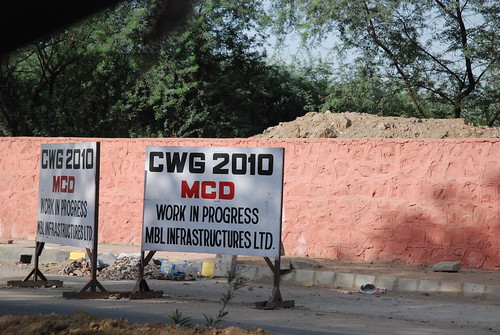
New Delhi is to play host to the first ever Commonwealth Games held in Asia this coming October and, as with the London Olympics in 2012, opinion is divided. There is a powerful PR machine here feeding out reminders all over the city in the run up to the Games, with slogans such as ‘Green Delhi Clean Delhi’, in the hopes of cleaning up the rather extensive levels of pollution. New Delhi’s chattering classes, however, seem bemused at high foreign expectations.
“You do know there will be no Games?” a well-respected lawyer has exclaimed. Less pessimistic, but equally reserved architects involved in the construction of the highly controversial Commonwealth Games headquarters more humorously claimed the public and wider international community would certainly not receive the Games ‘described on the tin’, but that the government would unquestionably know what to show. And more importantly, what to conceal.
The spirit of jugad is a common concept in New Delhi, which roughly translates at best as ‘God willing’, and at worst as ‘by hook or by crook’. Many have invoked the term in relation to the Games, which are taking far longer and becoming much costlier than anticipated, as with the 2012 Olympics. The Games will be completed jugad, but it’s clear from walking the streets and talking to people that while it remains a subject of interesting debate for the Money Men, it is a worrying and at times livelihood-threatening prospect for the many million wallahs or ‘street sellers’ as harsher security restrictions are brought into place. Many are doubtful that the measures will end when the Games do.
There are those of course who proclaim that the Games connote excitement and invigoration, that they will bring life to the city. And in several respects this is true. It must be noted, however, that after each Asia Games in the 70s and 80s, there was deep civil unrest, which may or may not have been related to the Asia Games themselves. But taking into account the suspension of civil rights after the first Asia Games due to an internal ‘state of emergency’; and the holding of the second Asia Games in order to clean up the image of the regime – whispers of papering over social cracks, and governmental tin ears cannot be avoided.
As to the aftermath of this autumn’s Commonwealth Games, New Delhi dwellers must watch and wait.
Read the latest planA posts here.
Also see related blogs:
Or visit:
Spectacle homepage
Befriend Spectacle.Docs on Facebook
Follow SpectacleMedia on Twitter

